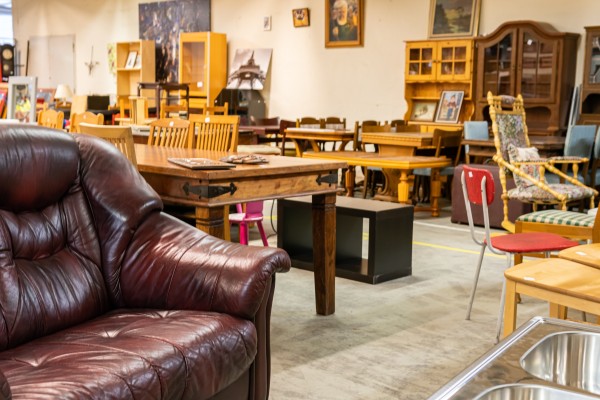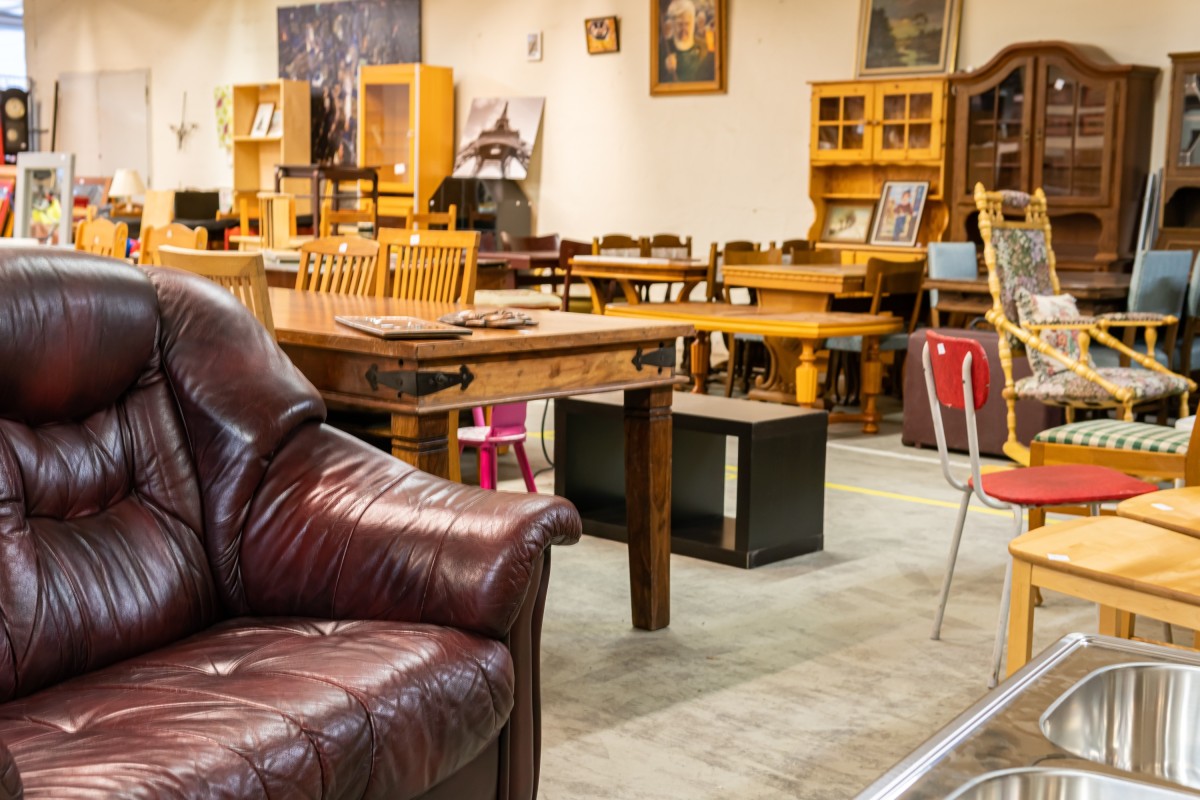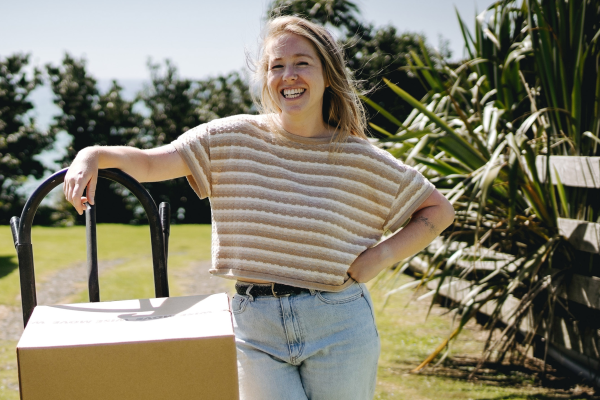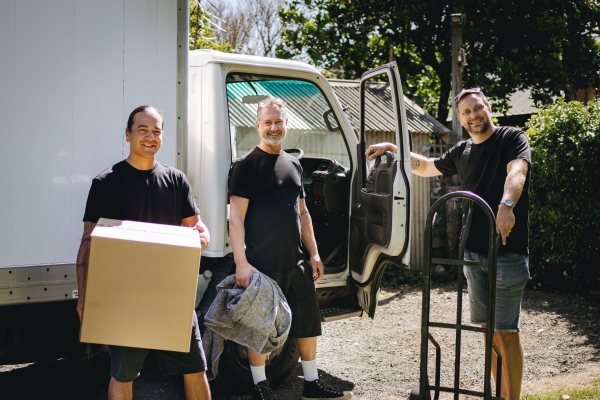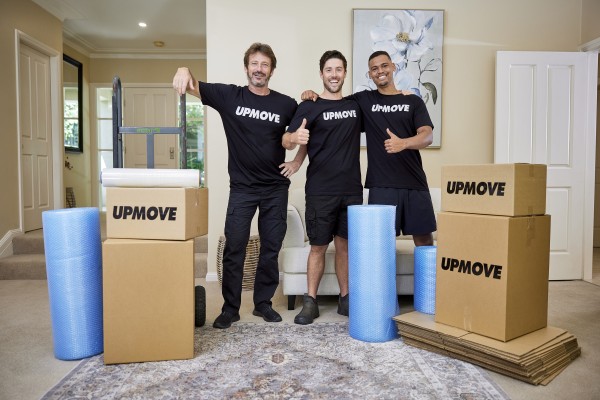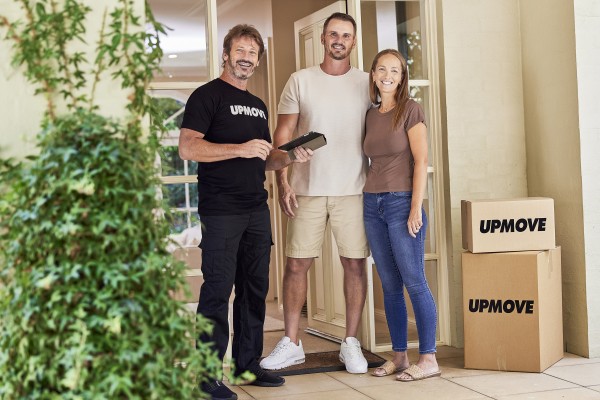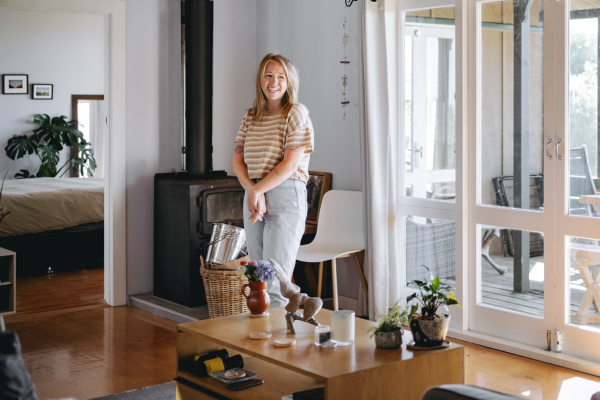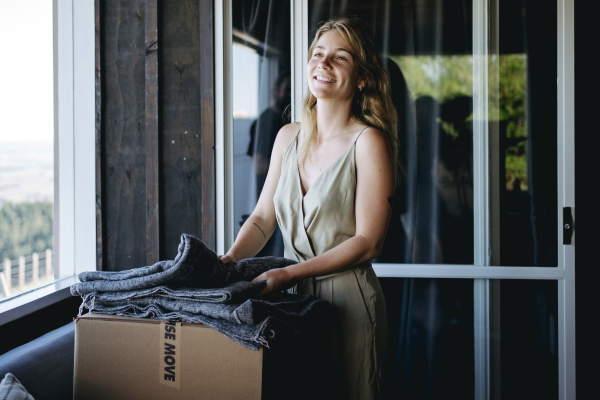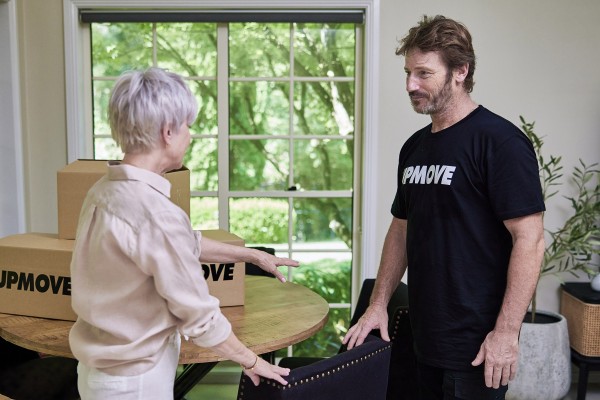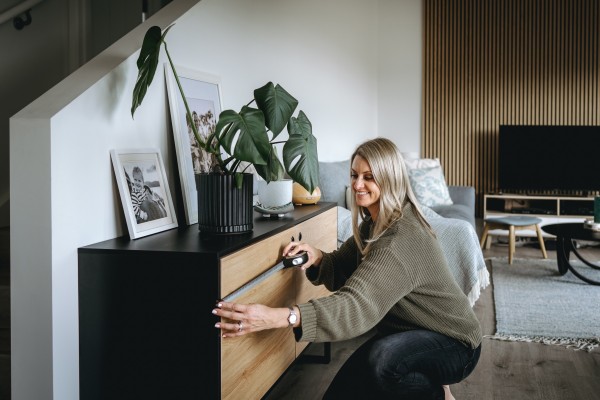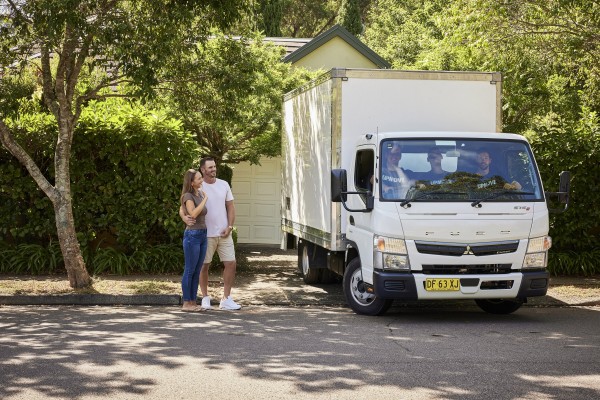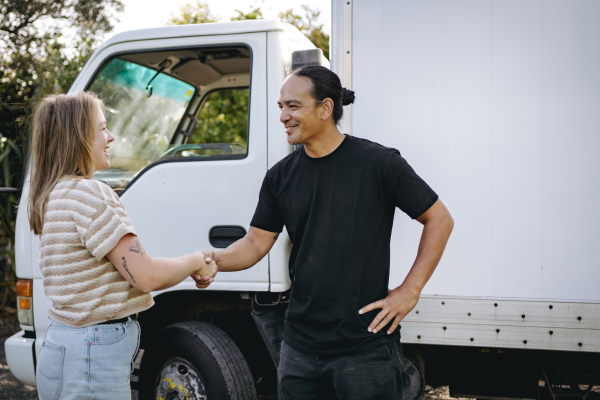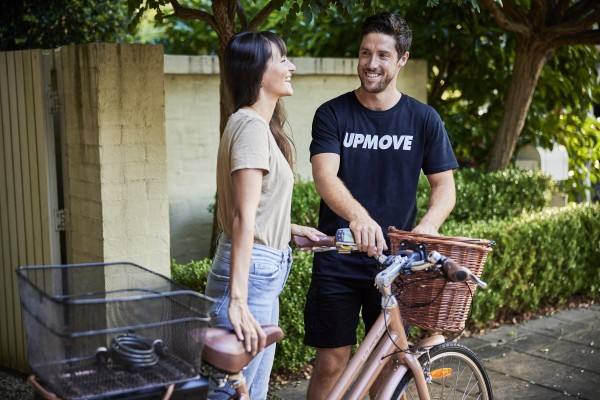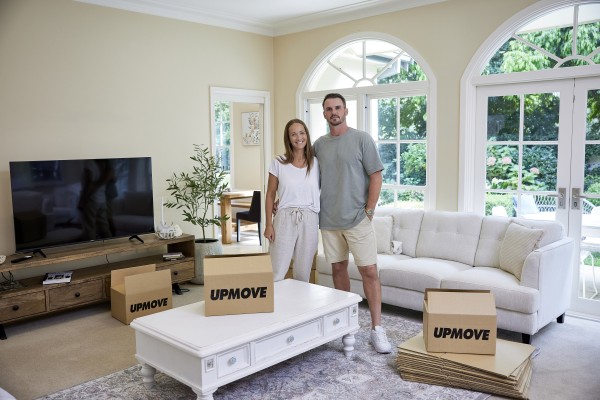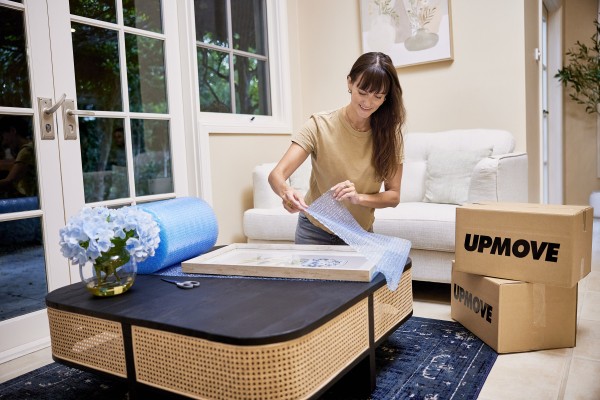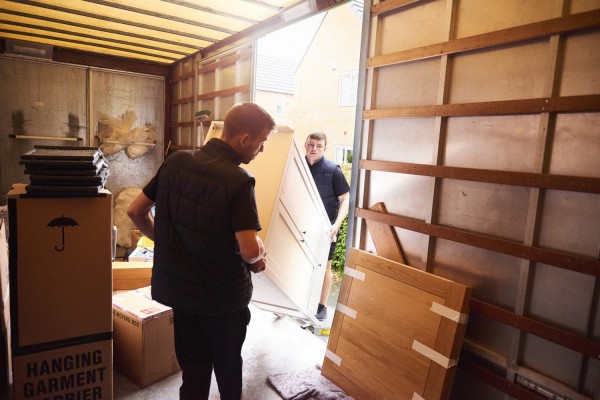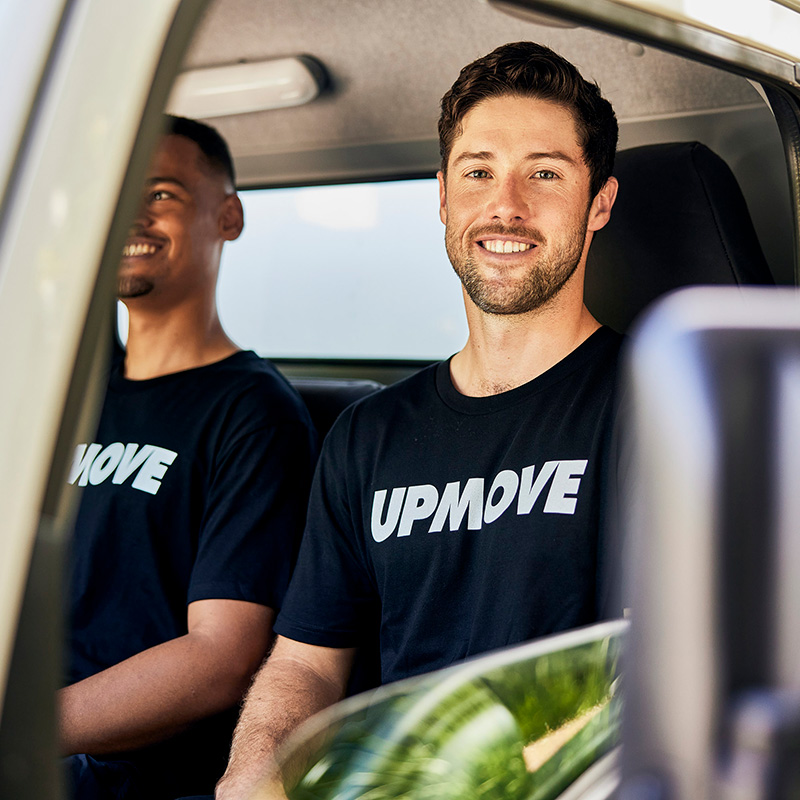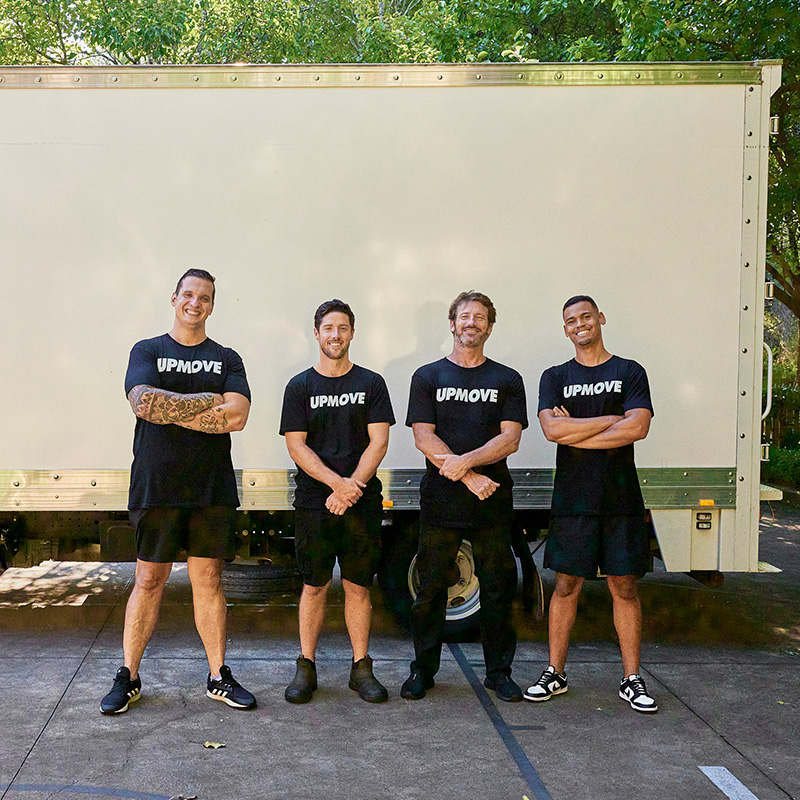Newcastle moving checklist and relocation guide
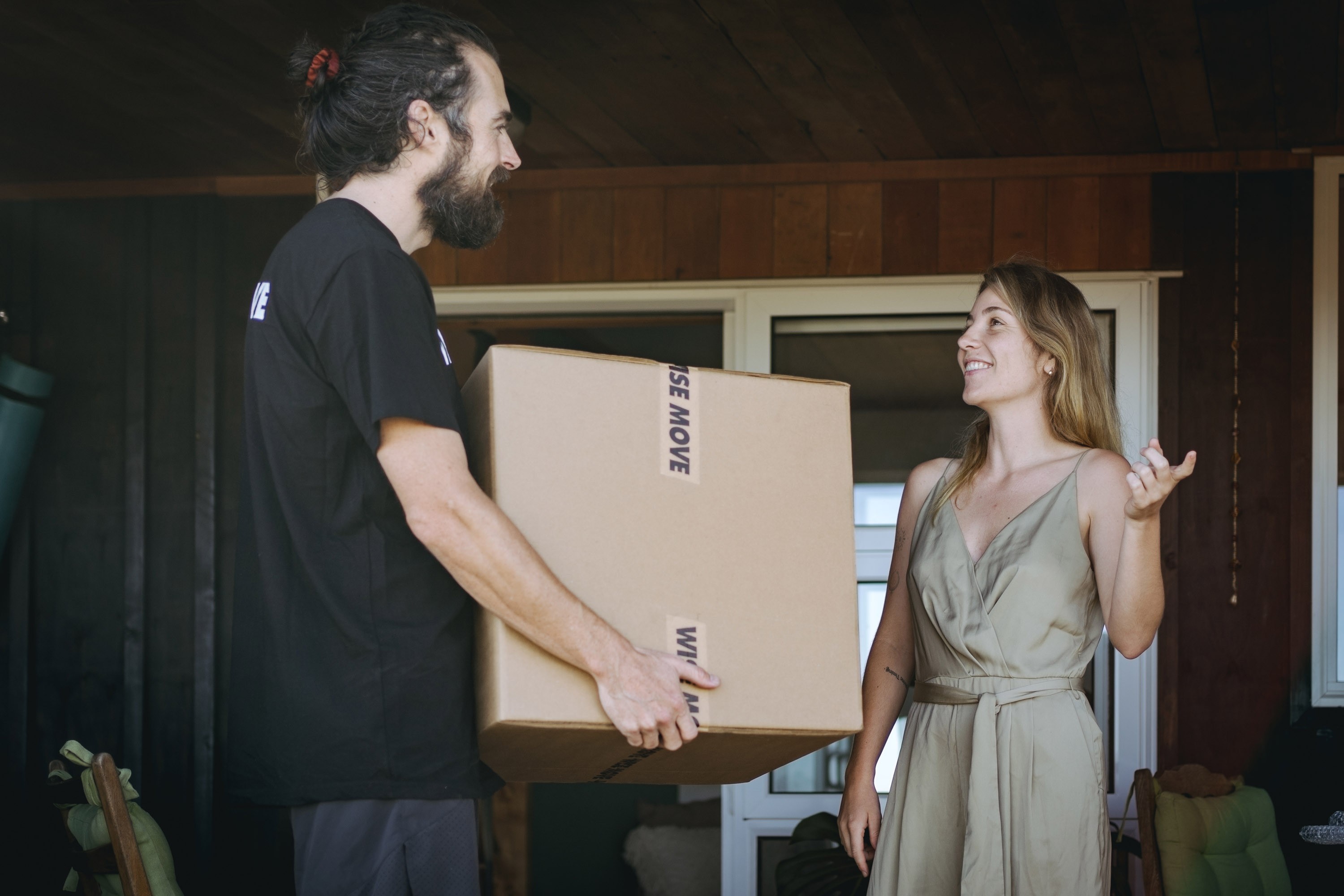
Moving to a new house can be an exciting fresh start, but the process itself can feel overwhelming if you're not prepared. From sorting out your moving day logistics to keeping your budget in check, weighing up the pros and cons of hiring professional movers versus doing it yourself, or wondering how to tackle each room as you pack - there’s a lot to think about.
That’s why we’ve pulled together everything you need to know on these topics and created a step by step guide to keeping your rental bond intact, finding affordable storage options, and how to handle any special moving circumstances.
Let's dive into making your move as smooth as possible.
Introduction to moving house in Newcastle
Moving to Newcastle offers a mix of city energy and coastal relaxation. Whether you're drawn to the vibrant city centre or the more peaceful suburbs, there’s plenty to consider before you make the move. If you're heading to one of the popular beach areas like Merewether or Nobbys, be ready for busier streets and possibly some parking challenges, especially in peak seasons.
On the other hand, the quieter suburbs offer a more relaxed pace, though you might encounter narrow roads or heavier traffic during rush hours. With a bit of planning, you can make your move to Newcastle a smooth and stress-free experience.
Overview of the moving process
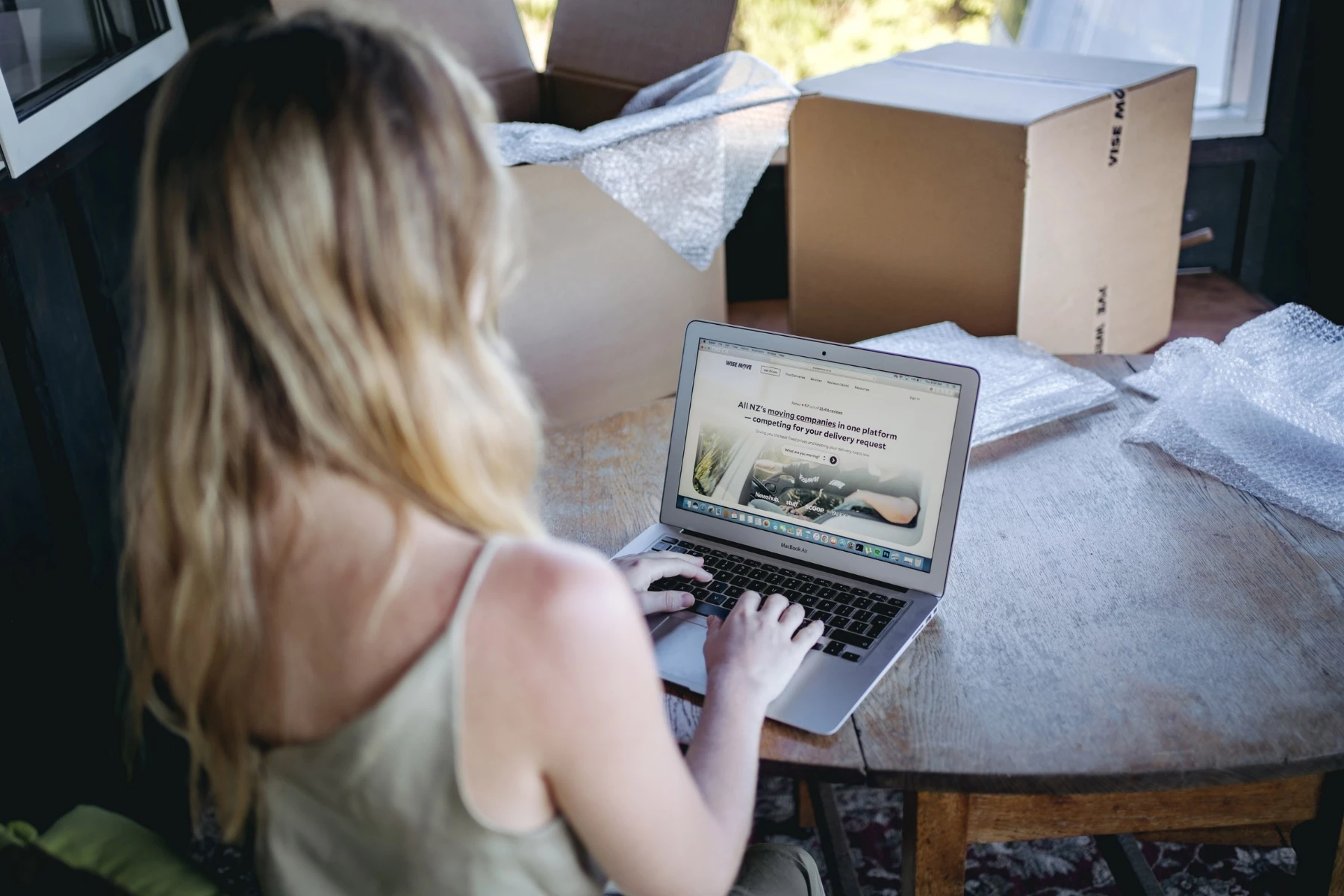 Planning phase
Planning phase
The earlier you start, the better. Aim to get organised 8-10 weeks ahead of your move. Set your moving date, create a checklist, and try to visualise how the day will unfold, especially if you're moving during peak season when things can get busier than usual.
Budgeting
Take some time to work out your budget. Factor in costs like hiring movers, packing materials, and any extra services you might need, such as storage or utility setup. Don't forget about any additional fees for your new home, too.
Booking services and removalists
Decide whether you’ll hire professional movers or go the DIY route. If you choose to go with removalists, get quotes from local Newcastle removalists and check reviews to ensure you’re picking the right team for the job.
Admin tasks
Be sure to update your details with utilities like electricity, water, and internet, and notify your local council about your move. Sorting out your paperwork early can make your transition much smoother.
Packing
Start packing in advance to avoid any last-minute panic. Use the time to declutter and get rid of things you no longer need, making the move lighter and easier.
Storage
If you need extra space, look into local storage options around Newcastle. They can be a lifesaver if you need to store some belongings temporarily while you get settled in.
Clean up
If you’re renting, don’t forget to clean your old place before you leave. A good clean ensures you’ll get your bond back and leave a positive impression for the next residents.
Settling in
Once you're in your new home, take your time unpacking and making the space your own. Whether you’re close to the beach or tucked away in a quieter area, getting comfortable is the key to enjoying your new life in Newcastle.
Movers in Newcastle - what to keep in mind
Housing: Newcastle offers a variety of housing options, from modern apartments by the beach to homes in leafy suburbs. Popular areas like Merewether and Bar Beach can be more expensive, while suburbs like Hamilton or Mayfield may offer more affordable choices. It’s a good idea to keep an eye on local property trends to find the best fit for your budget and lifestyle.
Transport: Newcastle has a solid public transport network, with buses and trains connecting the city and surrounding areas. However, it's more compact compared to larger cities, and having a car is often the most convenient way to get around, especially if you're moving further out. Keep in mind, traffic can get heavy during peak hours or special events, so planning your move around this can help avoid unnecessary delays.
Weather: With its coastal climate, Newcastle enjoys mild winters and warm summers, but the weather can be unpredictable at times. Summers can be hot, so if you're moving during these months, staying hydrated and planning your move for early morning or late afternoon can help beat the heat. Autumn and spring are ideal moving seasons, with milder temperatures and fewer rainy days.
Cost of living: While Newcastle offers a more affordable cost of living compared to larger cities like Sydney, it can still vary depending on where you choose to live. Coastal areas and inner-city spots are generally pricier, while suburbs a little further out tend to offer more budget-friendly options. It's important to factor in the cost of housing, utilities, and general expenses when planning.
Newcastle moving house checklist
10+ weeks before your move
- Research the area: Newcastle offers a range of options, from the beachy vibes of Bar Beach to the quieter suburbs like Mayfield or Lambton. Take time to explore the areas that fit your lifestyle and budget.
- Set your budget: Work out your moving costs, from hiring the Newcastle removalists to packing materials, utility connection fees, and any other moving-related expenses.
- Book a removalist: If you’re hiring professional movers, book them early—especially around busy times like school holidays or major events in Newcastle.
- Look into storage options: If you need temporary storage, check out local facilities to keep your things safe and secure until you’re ready to move in.
- Declutter: Moving is the perfect time to get rid of things you don’t need. Sell, donate, recycle or toss anything that doesn’t make the cut.
- Start a packing plan: Avoid leaving it all to the last minute. Plan how you’ll pack and start gathering the necessary supplies.
- Notify your landlord or agent: If you’re renting, let your landlord or agent know your moving date and schedule an inspection.
6+ weeks before your move
- Start packing non-essentials: Begin with things you won’t need in the short term, like books, seasonal clothing, and decorations.
- Order packing supplies: Stock up on boxes, tape, and packing materials like bubble wrap and protective sheets.
- Update utilities and services: Organise disconnection at your old home and connection at the new place for services like electricity, water, and internet.
- Change your address: Notify Australia Post, your bank, and other services of your new address.
- Pack fragile items: Take extra care with delicate or valuable items, such as glassware, electronics, and artwork.
- Check for parking permits: If you’re moving to a busy area like Newcastle’s East End, arrange parking for the moving truck.
4+ weeks before your move
- Book cleaning services: If you need help, book a cleaning service for your old place to leave it in top condition.
- Plan for kids or pets: Organise childcare or pet care for moving day to make the process easier.
- Inspect your new place: If possible, visit your new home to check for any last-minute repairs, cleaning, or preparations that need attention.
2+ weeks before your move
- Keep packing: Continue packing room by room and make sure everything is clearly labelled.
- Prepare an essentials box: Pack a box with things you’ll need on the first night, like toiletries, clothes, chargers, and important documents.
- Update your details: Don’t forget to change your driver’s license, car registration, and electoral roll info.
1 week before your move
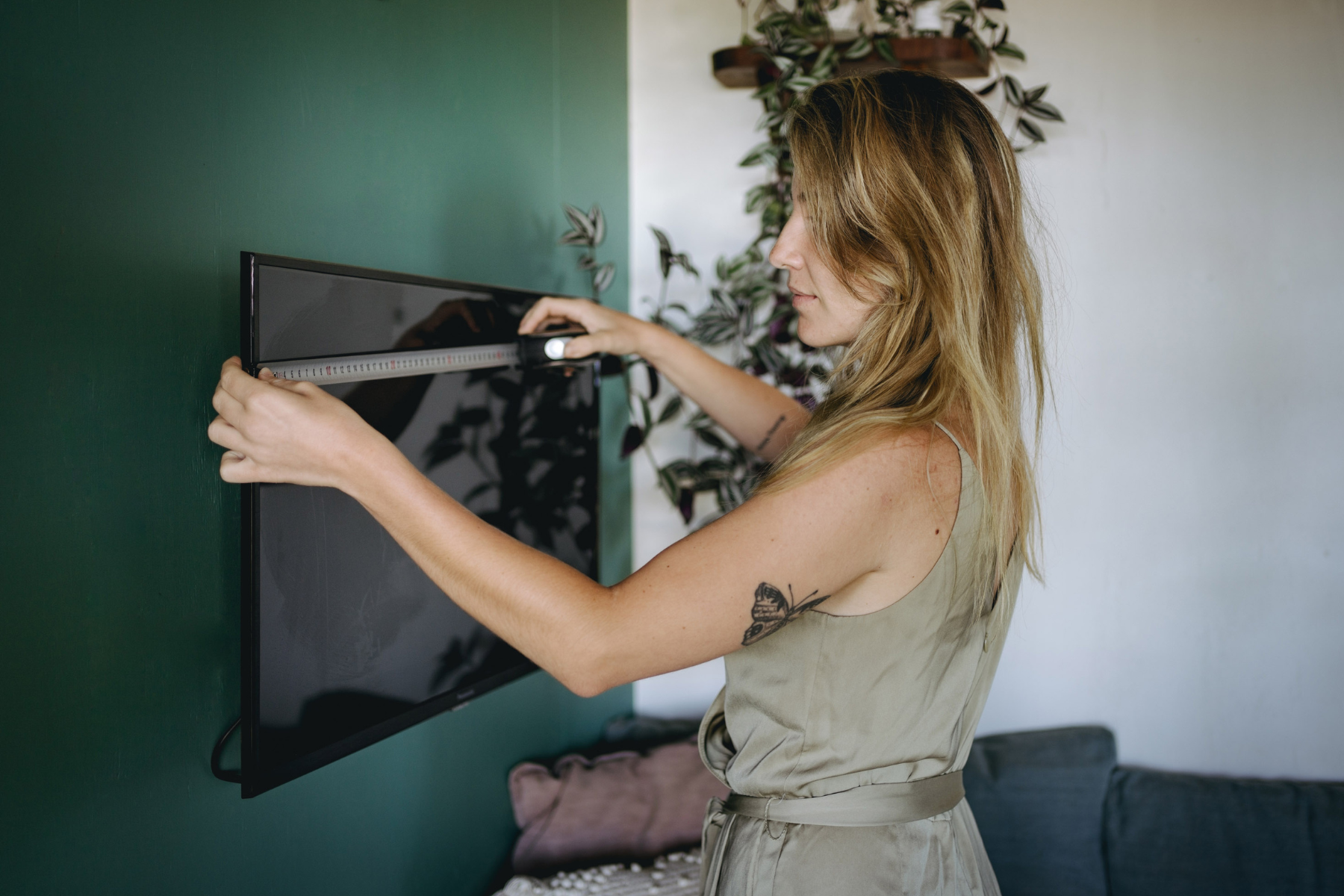
- Confirm logistics: Double-check all the details with your removalist, including time, location, and any special instructions.
- Finish cleaning: If you’re cleaning the old place yourself, get started on a deep clean, or finalise arrangements with a cleaner.
- Pack the last few items: Wrap up packing and make sure you haven’t missed anything important.
- Plan your route: Check traffic updates and plan the best route to your new place, especially if you’re moving during peak times.
- Sort out childcare or pet care: Confirm any arrangements you’ve made for the day of the move.
Moving day
- Reserve a parking spot: In busy areas, make sure there’s space for the moving truck to park close to your home.
- Let the movers do their thing: Once your professional movers arrive, step aside and let them handle the heavy lifting.
- Do a final check: Walk through your old home one last time to make sure nothing’s left behind.
- Get settled: Once you arrive at your new place, take your time unpacking and organising everything to make your new home feel comfortable.
After the move
- Unpack strategically: Start with the essentials—kitchen items, toiletries, and bedding—so you can settle in quickly.
- Check all deliveries: Make sure everything has arrived safely and is in the right place.
- Explore your new neighbourhood: Take a walk or drive around to discover local cafes, parks, and other spots that will help you feel at home in Newcastle.
Budgeting for your Newcastle move
When it comes to moving in Newcastle, the cost of hiring movers will depend largely on the size of your home and how far you’re relocating. For a smaller apartment or unit, you can expect to pay anywhere between $300 and $600, but moving to a larger home with multiple bedrooms can push the price over $1,500. If you're sticking to the local area—say, moving from one suburb to another—your costs will likely be lower than if you're heading out to the Hunter Valley or further afield.
If you’re buying a home in Newcastle, keep in mind there are extra expenses to factor in, like legal fees, conveyancing, and building inspections. Sellers should also account for advertising and agent fees, which can add up quickly.
For those renting, there’s the bond, your first rent payment, and any additional charges—like pet deposits or fees for breaking a lease early—so be sure to account for those in your budget. Smaller costs can also catch you off guard, such as utility connection fees, packing materials, or parking permits if you’re moving in and out of busy areas like the city centre or popular beach spots. It might seem like a lot, but a little planning will make it all manageable. For a deeper dive into moving costs in Newcastle, take a look at our Newcastle moving cost guide.
Organising and decluttering
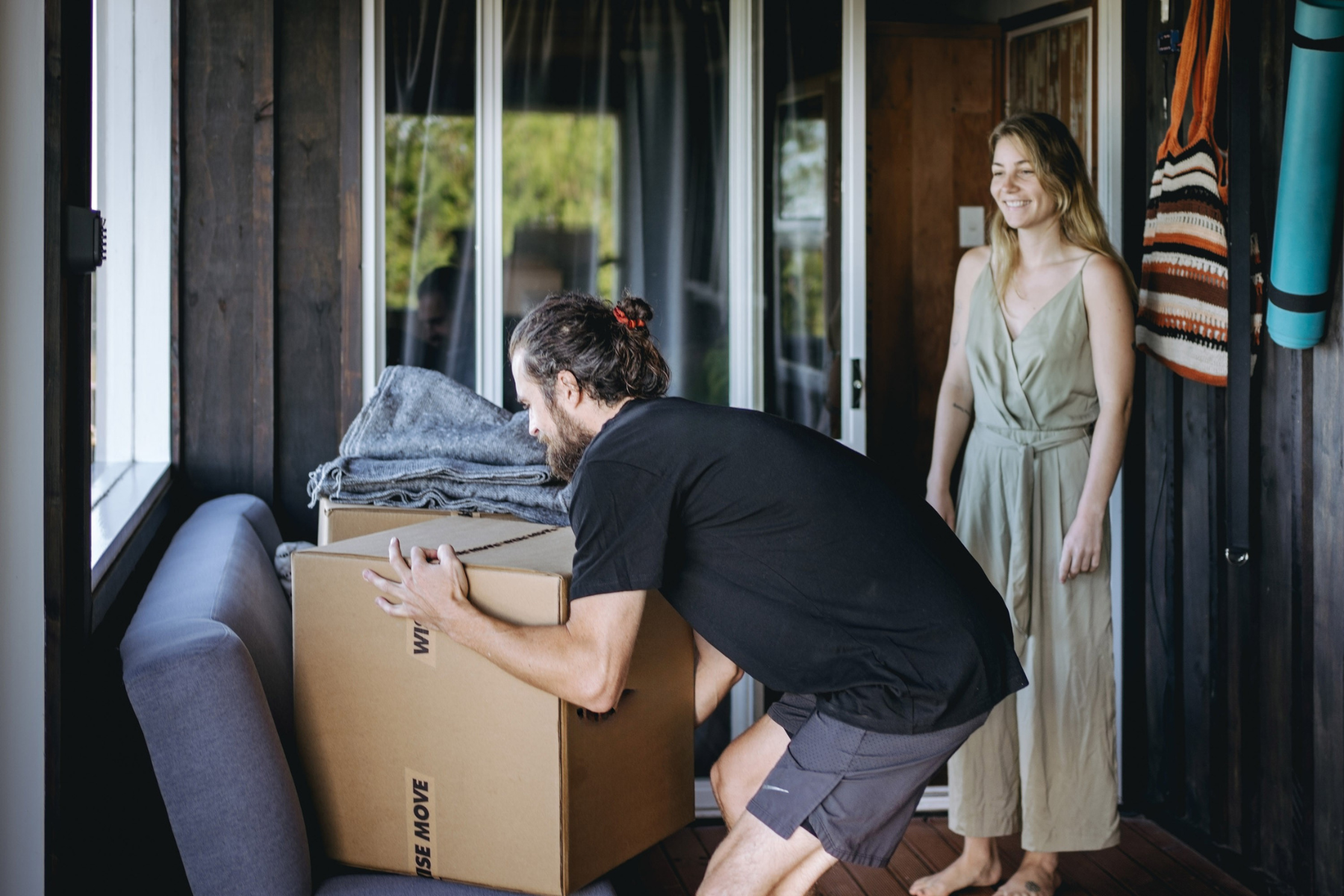
When planning a move, it’s crucial to declutter and organise your belongings to ensure a smoother transition. Start by focusing on one room at a time, letting go of items you haven’t used in months or years and keeping only what truly adds value to your life. Dispose of anything damaged, outdated, or redundant, such as excessive sets of mugs or worn-out appliances. Sort through paperwork, shredding the irrelevant and organising essential documents for easy access. Set aside duplicates and create a pile of must-have items for the initial days in your new home.
Consider donating items in good condition to local charities, or sell them to alleviate financial pressures. Ensure that valuable items are documented and insured for peace of mind. By packing only what matters, you not only make the move easier but also pave the way for a fresh start in a clean, organised space. This strategic decluttering process not only eases the moving burden but also significantly lightens your load, offering both physical and mental relief.
Essential packing materials
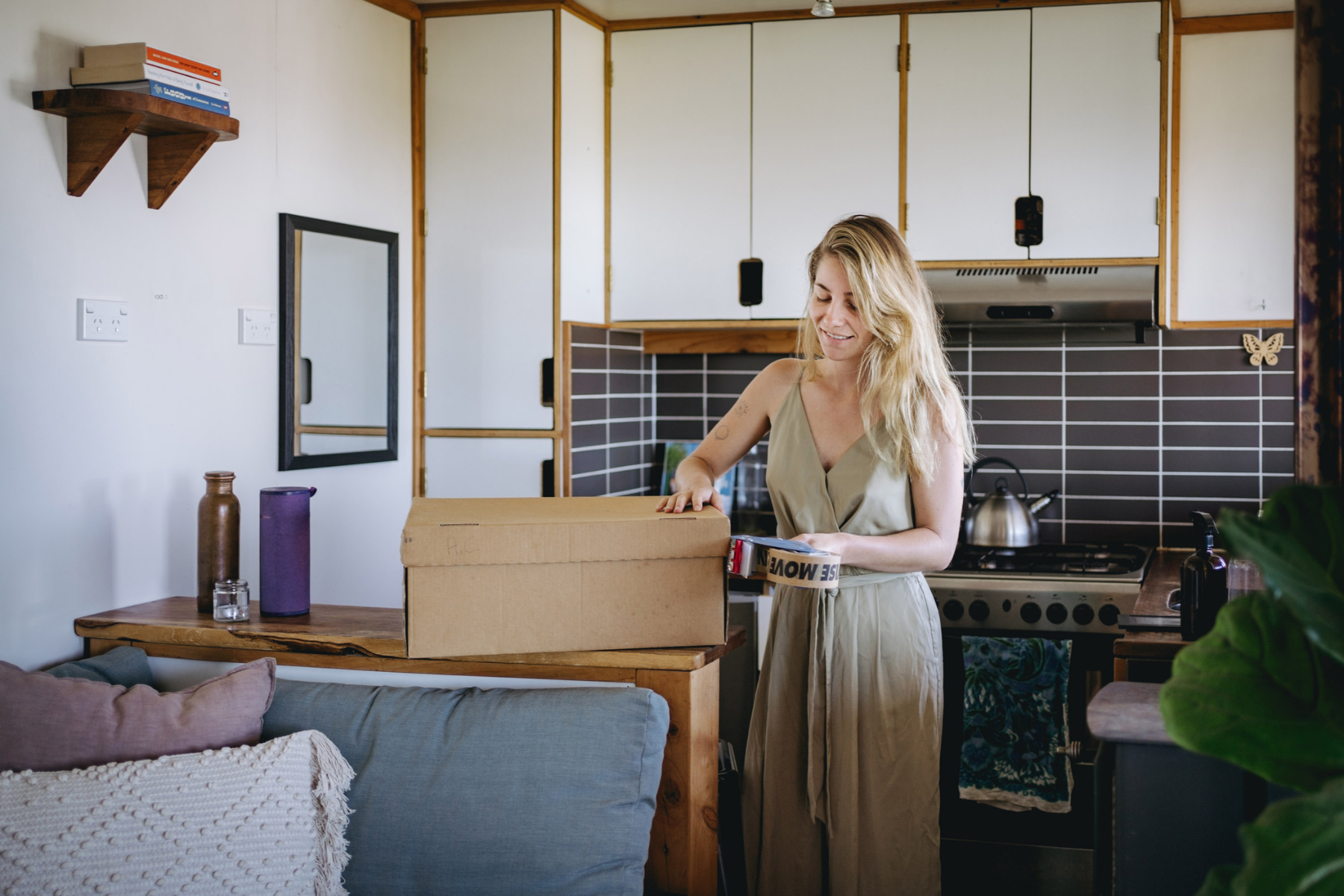
The right packing materials can make your move feel easier and more organised. Here’s a checklist of what you'll need to tackle a typical 3-bedroom home move in Newcastle—get ready to pack with confidence:
Boxes
What you'll need:
- 15-20 small boxes
- 15-20 medium boxes
- 5-10 large boxes
- 2-3 wardrobe boxes
Where to find them: Pick up boxes at local spots like Bunnings, Officeworks, or Kmart. If you're after a budget-friendly option, check online marketplaces like Facebook Marketplace or Gumtree for second-hand boxes. You can also get boxes from removalists, with some companies even offering free delivery.
Packing tape
What you'll need: 6-8 rolls of strong packing tape
Where to find it: Stock up at places like Bunnings, Officeworks, or Kmart. Buying in bulk online can save you a little cash, so it’s worth looking around.
Bubble wrap & packing paper
What you'll need:
- 1-2 rolls of bubble wrap
- 2-3 packs of packing paper
Where to find it: Head to Officeworks or Bunnings for all your protective packing needs. Or, check out removalist suppliers online for a variety of options that fit your budget.
Moving blankets or furniture pads
What you'll need: 5-8 moving blankets or padded furniture pads (essential for protecting your furniture during transit)
Where to find them: You can rent these from removalists or purchase them from stores like Bunnings, IKEA, or online retailers. They’re an investment to ensure your items stay safe and sound during the move.
Plastic storage bins (Optional)
What you'll need: 2-3 plastic bins (perfect for organising toys, knick-knacks, or seasonal items)
Where to find them: You can grab these from The Reject Shop, IKEA, or Big W. They’re great for keeping your smaller items organised as you pack and move.
Tip: Print this list and tick off each item as you go to stay organised and avoid last-minute runs to the store. The better prepared you are, the smoother your packing will be.
Packing up - room by room guide
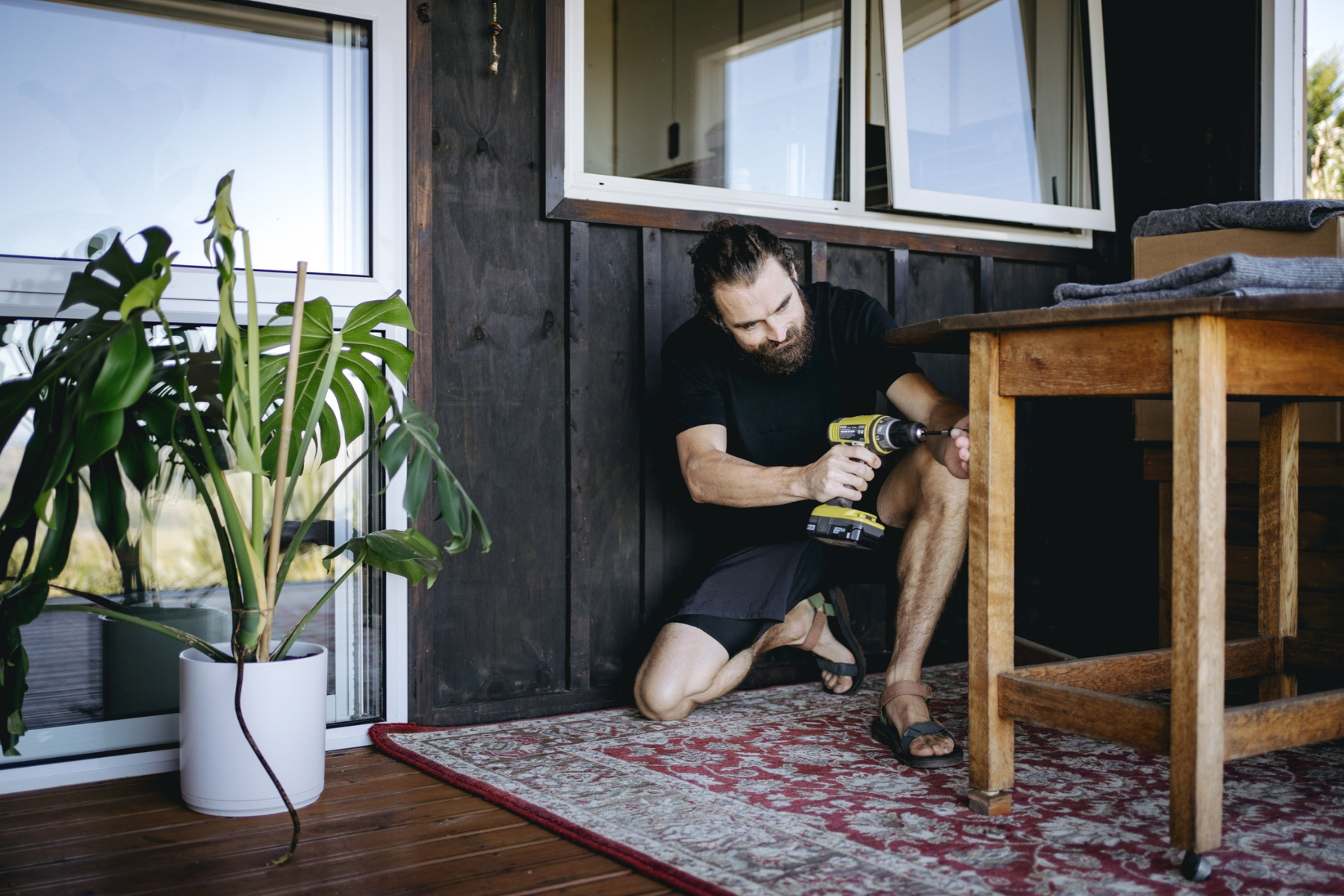
Packing doesn’t have to feel like one big, overwhelming task. The secret? Break it down room by room. This way, you’ll tackle smaller, more manageable sections and make progress without feeling buried under boxes. Follow our easy, room-by-room guide and you’ll be packing like a pro in no time.
1. Outdoor spaces (garden, shed, storage)
Tools: Start by sorting through your garden tools. If you haven’t used them in ages, it’s probably time to let them go. For the ones you’re keeping, pack smaller tools in sturdy boxes and cover large items like lawnmowers with a moving blanket.
Outdoor furniture: If possible, break down larger outdoor furniture. Wrap it in blankets or bubble wrap to prevent scratches and damage during transport.
Gardening gear: Wrap fragile items like glass pots carefully. For smaller tools and gardening supplies, group them together in easy-to-carry boxes.
2. Guest bedrooms
Bedding: Pack bedding in large boxes or plastic bins. Label them clearly so you’re not searching through boxes later.
Furniture: If possible, disassemble larger furniture pieces (like bed frames). Keep screws and bolts in labelled bags to avoid confusion later.
3. Office
Documents: Sort through your paperwork and recycle anything you no longer need. Shred sensitive documents and store important files in a box or folder for easy access.
Electronics: Wrap electronics like your computer or printer in bubble wrap for protection. If you still have the original packaging, use that.
Furniture: Disassemble larger pieces like desks or bookshelves. Pack smaller items like books, pens, and office supplies into boxes. If possible, leave smaller things in drawers to save time.
4. Living and dining rooms
Electronics: If you have the original boxes for your TV or sound system, use them. If not, wrap everything tightly in blankets to keep them secure.
Furniture: Protect your furniture by wrapping it in blankets. Disassemble larger items to make them easier to move.
Books and decor: Pack books in small boxes to prevent them from getting too heavy. Wrap fragile items like artwork and vases in bubble wrap for added protection.
Cushions and throws: Roll up soft items like cushions into large bags or boxes to save space.
5. Main bedrooms
Clothes: Use wardrobe boxes for clothes that don’t need folding. For everything else, pack them into boxes or suitcases.
Bedding: Pack bedding in large boxes and label them clearly so you can find them easily when you arrive at your new home.
Furniture: Disassemble larger pieces where possible. Keep screws and bolts in labelled bags to avoid losing anything.
Personal items: Pack up smaller items like books, decor, and gadgets. Wrap fragile items to keep them safe.
6. Bathrooms
Declutter: Go through your bathroom and get rid of expired products or things you won’t need in your new place.
Toiletries: Keep toiletries in ziplock bags to avoid any leaks.
Fragile items: Wrap any fragile bathroom items, like mirrors or delicate decor, in bubble wrap for protection.
7. Kitchen
Declutter: Get rid of any expired food or kitchen gadgets you don’t use.
Dishes and glassware: Wrap fragile items like plates and glasses in bubble wrap. Pack them in small boxes and use dividers to keep glasses from chipping.
Appliances: Wrap smaller appliances like blenders and toasters in blankets or bubble wrap before packing them in larger boxes.
Food: Use up any perishables before moving. If you’re moving locally, pack non-perishable food into boxes or bags to keep everything organised.
Cleaning - How to ensure you get your rental bond back
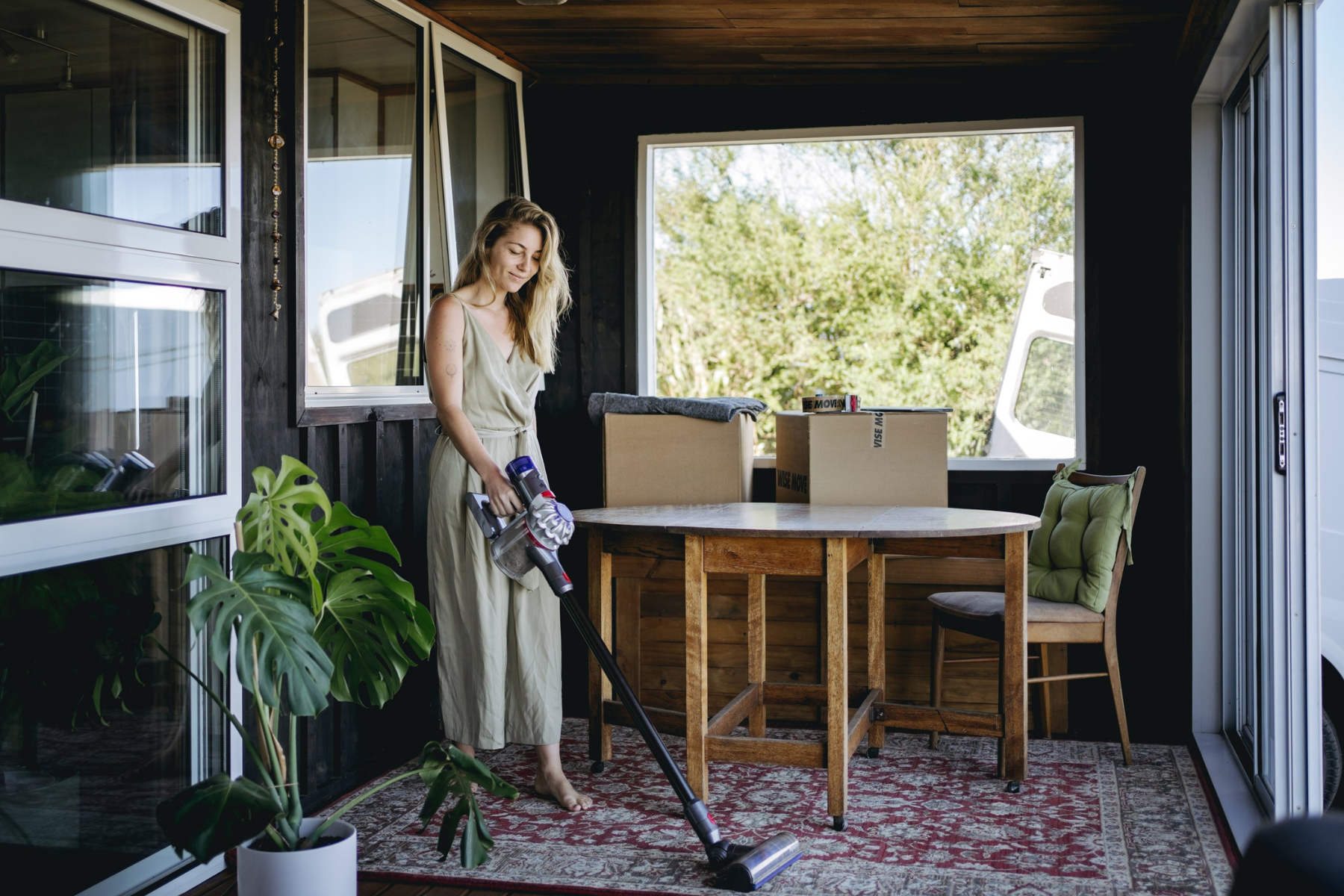
To ensure you receive your bond back after moving out, start your cleaning from the top, addressing high areas like ceilings, light fittings, and vents to prevent dust from settling on cleaned surfaces. In living and dining areas, dust furniture, wipe walls, and vacuum or mop floors, ensuring bins and window tracks are clean. Bedrooms require dusting furniture, cleaning windows, vacuuming carpets, and ensuring tidiness throughout.
The kitchen demands thorough attention: clean appliances like the oven and stovetop, wipe countertops and cabinets, and scrub the sink and floor. Bathrooms need a deep clean of all fixtures, tiles, and surfaces, with particular attention to removing mould and soap scum. Finally, in the laundry area, clean surfaces, the tub, and organise the space, ensuring dryer lint is removed. After cleaning, do a final walk-through and consider taking photos of the cleaned areas for your records.
Newcastle storage options - cost breakdown

Looking for a spot to stash your stuff while you move or declutter? Storage units are a solid option. In Newcastle, prices usually range from around $120 to $350 a month, depending on a few things like unit size, location, and whether it’s on the ground floor (which tends to cost a bit more).
Before you choose, think about how much stuff you’ve got now and whether you might need more space down the track. Storage is super handy for families in transition – whether you’re moving, renovating, or just need to clear a little space while you get settled.
Quick Summary:
- Storage costs in Newcastle range from $120 to $350 a month
- Prices vary based on size, location, and floor level
- Pick a size that works for your current needs – and maybe a little extra for the future
- Perfect for moves, renovations, or just decluttering
Preparing for special circumstances
Moving can feel a little trickier when you’ve got pets, kids, elderly family members, or special needs to consider. But don’t worry, with a bit of planning, you can make the whole process a lot smoother for everyone.
Moving with pets
Pets can get a bit stressed with all the packing and moving chaos. It’s a good idea to have a quiet spot set up for them away from the action. Whether it’s a room in the house, a friend’s place, or a pet-sitting service, keeping them calm and comfortable will help them (and you) feel a lot better.
Moving with kids
Kids can make moving fun if you get them involved. Let them pack a box of their favourite toys or books and turn it into a little adventure. A small reward or a simple “moving day checklist” to tick off as you go can make it a fun experience for them.
Moving with elderly relatives
When moving elderly relatives, it’s important to think about their comfort. Make sure the new place is easy to get around and have their essentials ready, like medications and any mobility aids. A bit of extra prep can make the transition so much easier for them.
Moving with a disability
If you or someone you’re moving with has a disability, it’s worth looking into moving companies that specialise in accessible moves. They can help with things like ramp access or handling sensitive equipment. Let them know about any specific needs ahead of time so they can be fully prepared.
No matter the situation, with a little extra care and patience, moving can be a lot easier for everyone involved. Just take it one step at a time, and remember to give yourself a break when you need it.
Finding the best Newcastle removalists
Moving to, from, or within Newcastle is an exciting adventure, but there’s also a lot to plan for and think about. Whether you're shifting across town or heading further afield, the process can feel overwhelming. That's where Upmove steps in—connecting you with experienced, affordable, and trustworthy Newcastle removalists.
Our platform simplifies the search for reliable movers, offering clear, upfront quotes so you know exactly what to expect.
What do our customers say?



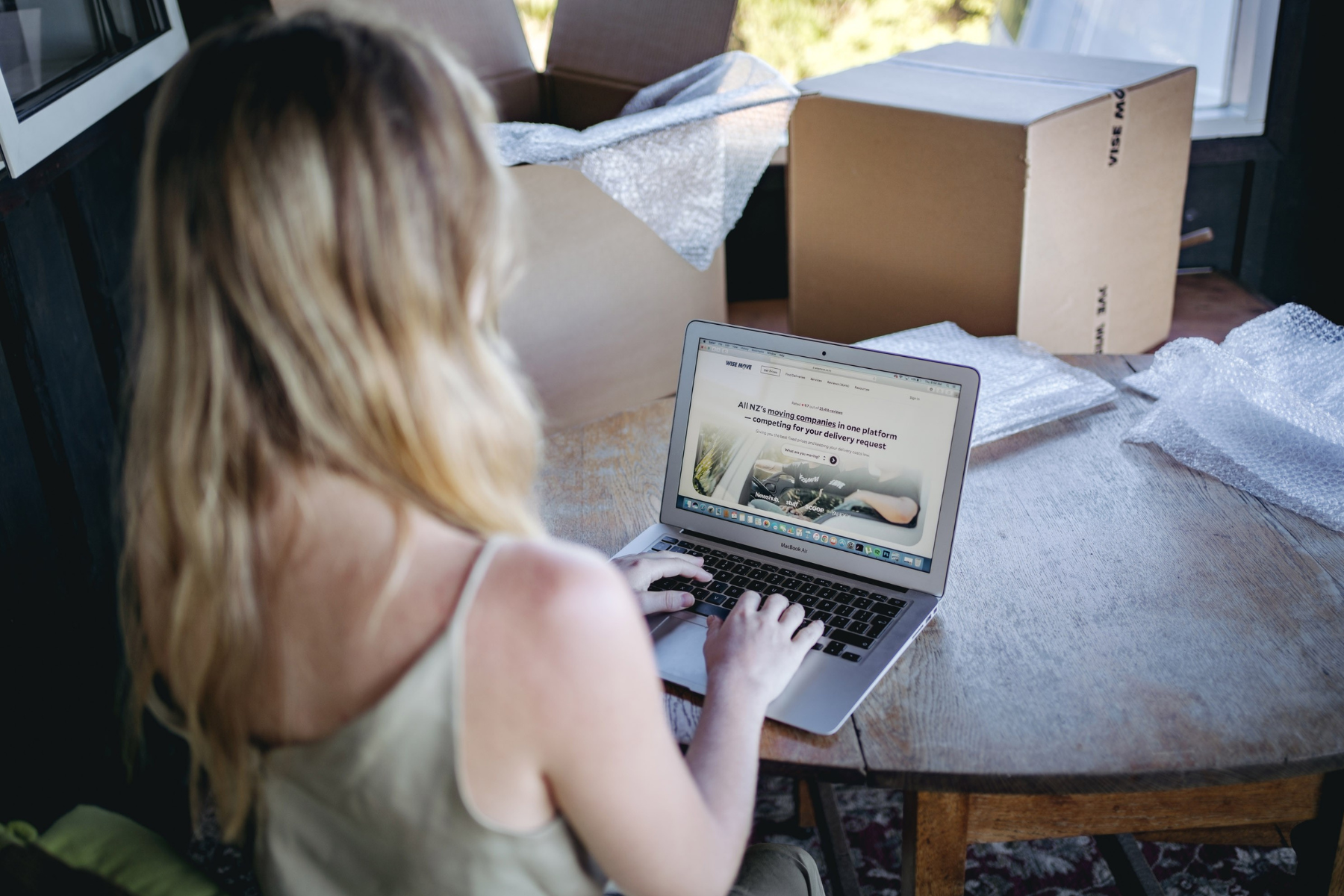 Planning phase
Planning phase

